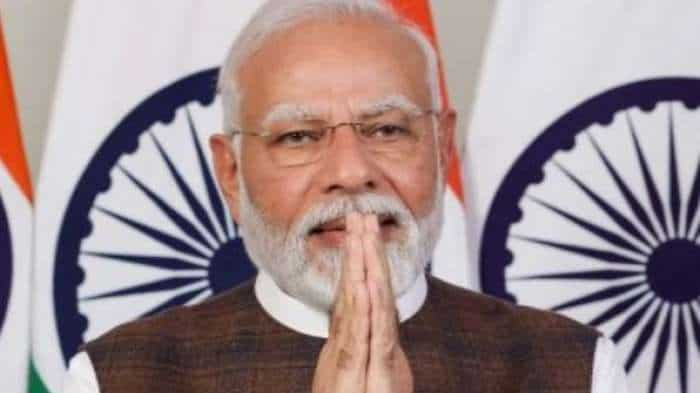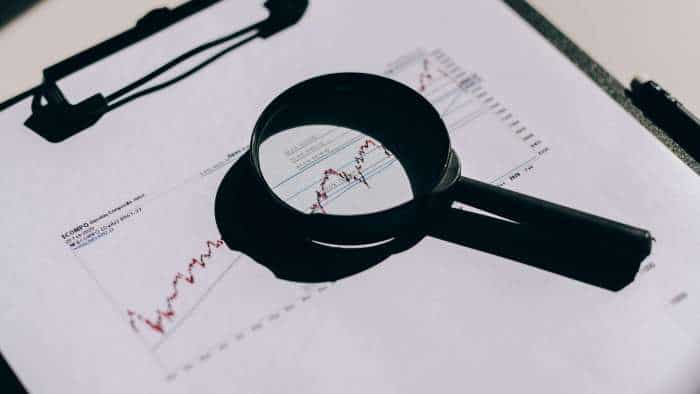Trade war: IMF chief warns against protectionism, says it threatens economic growth
President Donald Trump last month imposed steep tariffs on steel and aluminum imports, and announced pending tariffs on $50 billion in Chinese goods in retaliation for alleged theft of intellectual property. Since then Washington and Beijing have escalated threats of new import duties, raising the real risk of an all-out trade war. Governments "need to steer clear of protectionism in all its forms," Lagarde urged.

International Monetary Fund chief Christine Lagarde today issued a stern warning to governments to avoid undermining global growth with protectionist trade policies. In a less than thinly-veiled warning to US President Donald Trump, who has locked horns with China on trade, the head of the IMF said countries should open trade further by reforming their own domestic practices rather than putting up new barriers to trade. And she said it was a mistake to view trade deficits as a sign of unfair trade practices - as Trump has repeatedly claimed, most notably in the current dispute with China.
Trump last month imposed steep tariffs on steel and aluminum imports, and announced pending tariffs on $50 billion in Chinese goods in retaliation for alleged theft of intellectual property. Since then Washington and Beijing have escalated threats of new import duties, raising the real risk of an all-out trade war. Governments "need to steer clear of protectionism in all its forms," Lagarde urged. "Remember: the multilateral trade system has transformed our world over the past generation. It helped reduce by half the proportion of the global population living in extreme poverty."
In a speech previewing the issues to be discussed when world finance ministers and central bankers gather in Washington next week for the IMF and World Bank Spring meetings, Lagarde said free trade "has created millions of new jobs with higher wages."
"But that system of rules and shared responsibility is now in danger of being torn apart," she warned. "This would be an inexcusable, collective policy failure." Lagarde stressed that experience showed protectionist "import restrictions hurt everyone, especially poorer consumers," by making products more expensive.
But barriers "also prevent trade from playing its essential role in boosting productivity," something the IMF has repeatedly said advanced economies need to improve in order to improve potential economic growth rates.
Governments should work to "reduce trade barriers and resolve disagreements without using exceptional measures," and should directly help those facing upheaval, whether from trade or new technology, by improving investment in training and education.
Lagarde also dismissed the argument - made by Trump and his trade advisers -- that the presence of a trade deficit is a sign of unfair trade practices. In fact, "these bilateral imbalances are a snapshot of the division of labour across economies," she said.
The IMF next week will release its updated World Economic Outlook with forecasts of global growth, but despite the "darker clouds looming," Lagarde said the world economy was seeing an upswing and "we continue to be optimistic." The IMF in January forecast global growth of 3.9 percent for this year and next, and she said advanced economies were growing above potential while China, India and Japan continued to see strong growth.
Get Latest Business News, Stock Market Updates and Videos; Check your tax outgo through Income Tax Calculator and save money through our Personal Finance coverage. Check Business Breaking News Live on Zee Business Twitter and Facebook. Subscribe on YouTube.
12:57 PM IST











 US-China Trade War: Chinese Vice Premier Liu He to visit for trade talks
US-China Trade War: Chinese Vice Premier Liu He to visit for trade talks Tariff war: China to stand firm as trade talks with the US restart
Tariff war: China to stand firm as trade talks with the US restart India can boost exports of 300 products to US, China amid trade war: Report
India can boost exports of 300 products to US, China amid trade war: Report Foreign buying of emerging Asian bonds in 2018 fell sharply
Foreign buying of emerging Asian bonds in 2018 fell sharply China to step up support for economy in 2019 amid trade war
China to step up support for economy in 2019 amid trade war